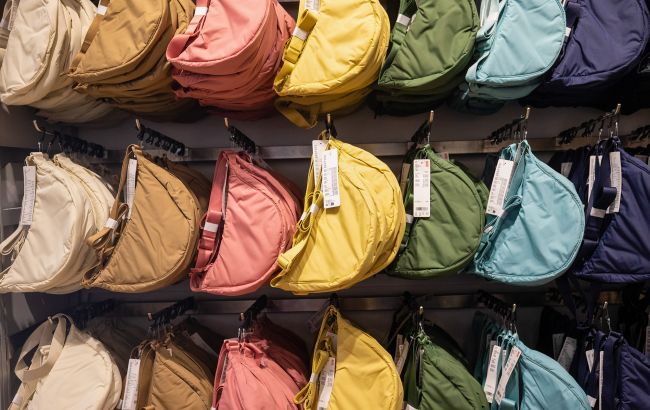Uniqlo files lawsuit against Shein for copying its viral bag
 Uniqlo's Round Mini Shoulder bag (Getty Images)
Uniqlo's Round Mini Shoulder bag (Getty Images)
A Japanese casual wear company Uniqlo is taking legal action against Shein, a Chinese fast fashion company, claiming that Shein is selling copies of its popular Round Mini Shoulder bag, according to BBC and Bloomberg.
Uniqlo argues that Shein's bags closely resemble their own, potentially harming customer trust in the Uniqlo brand. Uniqlo is demanding that Shein immediately stop selling the bag and is seeking compensation for damages.
The legal case was filed in Tokyo in late December. Uniqlo's owner, Fast Retailing, revealed that the legal petition was filed against Shein Japan and its two subsidiaries.
“The company filed this complaint because it has determined that the form of the imitation products sold by Shein closely resembles that of its own product,” the company said in the statement. “The sale of the imitation products by Shein significantly undermines the high level of customer confidence in the quality of the Uniqlo brand and its products.”

Uniqlo (Getty Images)
Extremely popular bag
Uniqlo's cross-body bag has gained popularity online, especially on TikTok, where users show how much they can fit into it. The bag is often compared to Mary Poppins' magical carpet bag. The nylon Round Mini Shoulder bag has become Uniqlo's best-selling bag, priced at £14.90 in the UK.
Shein, founded in China in 2008, experienced a surge in sales during the pandemic, driven by online shopping and a social media-focused marketing approach. The company is known for its cheap clothes and the low cost of its items is achieved by low quality and low-paid labor. Despite controversies related to environmental concerns and employment practices, Shein claims to produce clothes efficiently and has a zero-tolerance policy for forced labor.
Uniqlo, Japan's largest clothing seller, operates worldwide and has a strong presence in China. In its recent financial update, Uniqlo's owner reported increased profits, driven by overseas sales.
We also reported that Uniqlo, along with other international businesses, stopped operating in Russia after Western states imposed sanctions on Moscow over its large-scale invasion of Ukraine.

